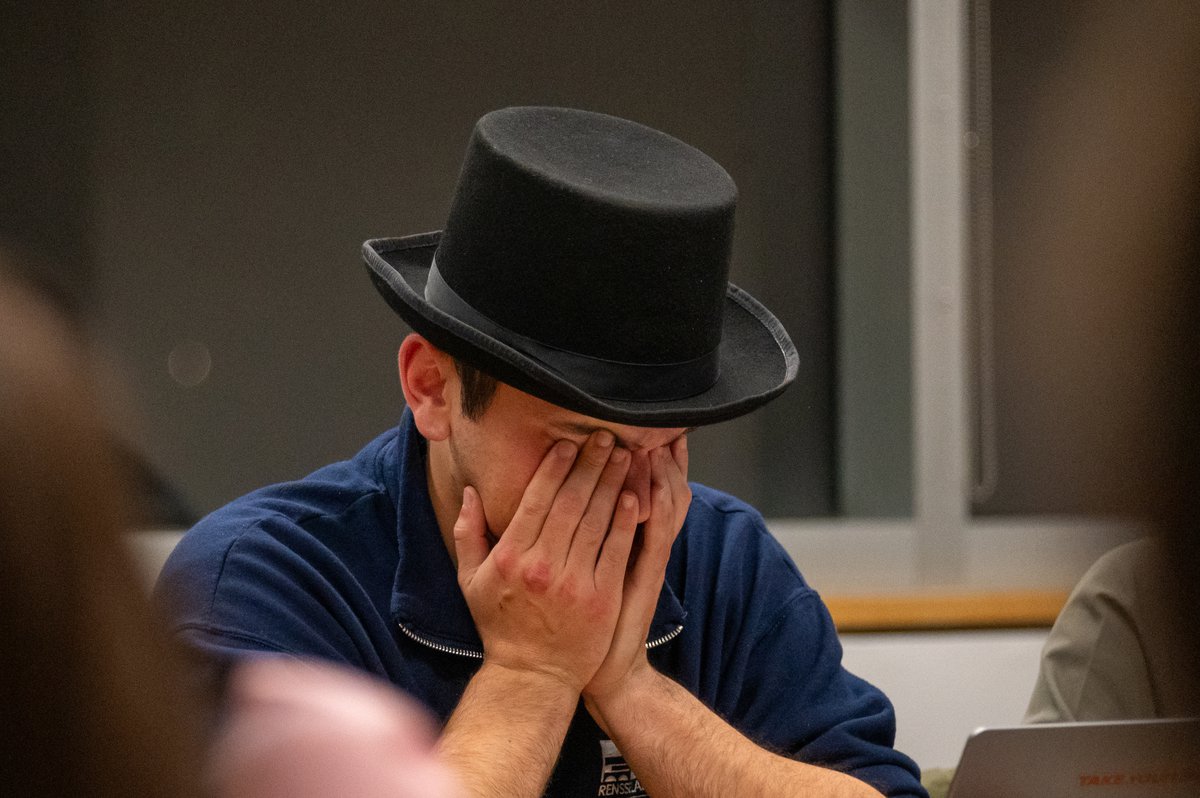Constants by Sarah Davachi: a passage of anguish, acceptance, and awareness
This past Wednesday, Sarah Davachi performed an hour-long variation of Constants from her recent album, The Head As Form’d in the Crier’s Choir. Davachi earned her master’s degree in electronic music and recording media from Mill’s College in Oakland, California, and is currently a doctoral candidate in musicology at UCLA. She has been recording and composing for almost 12 years and has been playing the piano since she was a child. At the time of the performance, she had just started her residency here at Rensselaer, creating preliminary recordings for a new record.
The concert was a sonically enriching experience, focusing on singular tones that construct a full sound. Davachi uses a Mellotron for her live shows, a newer version of the one The Beatles used in their ’60s single “Strawberry Fields Forever.” Her setup for concerts vary the samples off her recorded albums and tracks. The entire performance extrapolated her track Constants, with a direct sample in the latter half, in an immutable manner. However, the extra layers of synths and bass flute were compiled by a mixer of different pre-recorded samples, both included in her album and what she’s working on.
When asked about her process and how she composes her performances, Davachi revealed that her ear is “detail-oriented” and focuses on carefully constructing each section to fall into a compositional flow that she hopes her audience enjoys. Regarding a discussion on perception, Davachi aims to “create an environment where people can get into a certain headspace,” fostering a singularly subjective space for people to absorb her work however they may please.
The opening tone was created from the string sample of a detuned cello by varying the intonation and offsetting the sound to create a deep, constant bass that resembled a ship horn in the distance. This served as the motif of the show; a constant. Around this line, the music ebbed and flowed, constructing and deconstructing on itself constantly and finally returning to the constant.
Davachi had nothing but praise for the team at EMPAC that aided her show. Impressed by her first performance here, she said that it “makes a big difference when you’re in a nice acoustic room with nice [production assistants], where you can actually listen and enjoy your music.”
Stephanie Loveless teaches The Art of Listening, a HASS inquiry course at RPI that delves into the world of deep listening, which is a concept ideated by Pauline Oliveros. Davachi also cites her practices as inspiration and a framework for her music: “minimalist music uses that format that you could look at this thing that looks simple on the surface and look at the complexities inside of it, exactly what deep listening is.”

 Student Senate
Student Senate